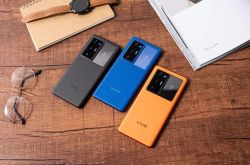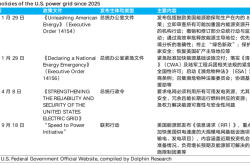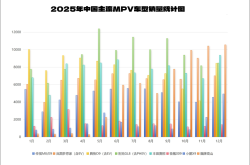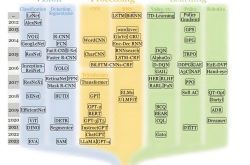From Mexico to Brazil: Didi Chuxing Reinvents Latin America's Food Delivery Landscape
![]() 04/11 2025
04/11 2025
![]() 2004
2004
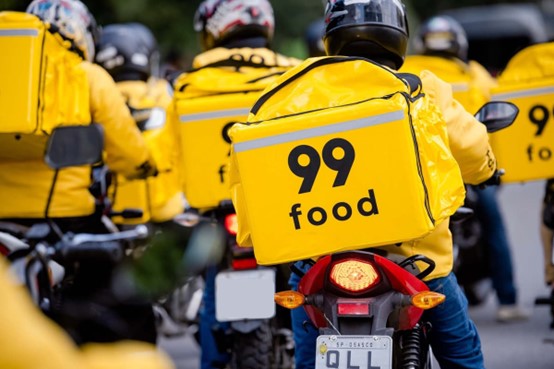
On April 5, Didi Chuxing announced the relaunch of its food delivery service in Brazil under the brand '99 Food'.
Seven years ago, with international aspirations, Didi Chuxing chose Brazil as its first overseas expansion stop. Today, the Chinese mobility giant aims to replicate its successful lifestyle service platform, integrating transportation, food delivery, and finance, leveraging its local market expertise.
In China, Didi briefly experimented with ride-hailing as a gateway to food delivery. In Brazil, however, this is not a mere replication but a pivotal battle in Didi's globalization strategy.
1. Motorcycle Army Paves the Way for Food Delivery
Didi's international journey commenced in 2018, when the ride-hailing giant, having defeated Uber in China, set its sights on overseas markets. Brazil, Latin America's largest economy, became Didi's first overseas testbed, achieved through the acquisition of local mobility leader 99.
Subsequently, Didi deepened its Latin American roots while expanding into other markets like Australia, Japan, and Egypt. In Brazil, Didi maintained the 99 brand while localizing its operations. Besides mobility, it introduced payment (99Pay), food delivery (99 Food), and delivery services (99 Entrega). However, the food delivery segment faced stiff competition from iFood, which forced merchants to choose between platforms.
Around 2022, several food delivery platforms, including Uber Eats and 99 Food, ceased restaurant deliveries, retaining only grocery services for supermarkets. This strategic shift laid the groundwork for Didi's food delivery relaunch.
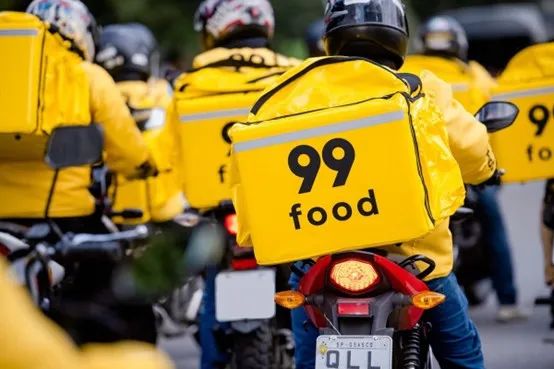
By retaining its freight business, 99 Food maintained an active rider team crucial for food delivery. This existing rider network allows Didi to swiftly launch and expand its food delivery service, avoiding the need to rebuild from scratch.
Today, '99 Food' covers over 3,300 Brazilian towns with about 700,000 active riders. As a Didi executive noted, "Relaunching food delivery in Brazil naturally extends our local urban service ecosystem. Many local merchants want Didi to offer transportation, delivery, and food delivery services. Now, riders can deliver people, goods, and meals."
A Didi insider told Growth Factory that 99 has about 50 million users and 1.5 million drivers in Brazil, including 700,000 motorcycle riders. Many ride-hailing riders have joined Entrega (fast delivery) to participate in delivery services. The insider added, "Didi actively promotes local electronic payment and financial services. For instance, 99Pay boasts a large user base, providing safe and swift payment experiences."
China Business Journal cited industry insiders who pointed out that by integrating food delivery with its mobility network, payment system, and grocery delivery, Didi creates a closed-loop 'ride-hailing + food ordering + payment' experience, reducing merchants' dependence on single platforms. By offering food delivery, grocery delivery, and financial services simultaneously and enhancing revenue through cross-promotion, Didi weakens the binding force of 'choose one from two' agreements.
According to Euromonitor International, Brazil's food delivery market grew by 50.8% from 2019 to 2023, reaching 139 billion reais (about 172.7 billion yuan), with an annual growth rate of 15%-20% (much higher than the global average of 8%-12%). This is a significant reason for Didi's relaunch.
Didi has previously launched successful food delivery services in Mexico and Colombia. The relaunch in Brazil exemplifies Didi's internationalization strategy—focusing on existing markets, deepening presence, and creating a comprehensive 'one-stop' lifestyle service platform.
Didi's latest 2024 Q4 financial report revealed that its international business recorded 3.613 billion orders, a 35.8% year-on-year increase, with GTV (Gross Transaction Value) at 91.3 billion yuan, up 34.8% year-on-year. In Q4 2024, international orders reached 1.016 billion, a 29.8% year-on-year increase, with daily average orders exceeding 11 million.
Didi International comprises three major businesses: profitable overseas ride-hailing with daily orders over 10 million, Mexico's leading food delivery service with over 50% market share, and a top-tier consumer finance platform in Latin America. After seven years, Didi's business spans 14 countries in Latin America, Asia-Pacific, and Africa. In Latin America, besides Brazil, Didi offers mobility services in Mexico, Colombia, Argentina, Chile, Peru, and others, experimenting with food delivery in select markets.
2. Challenging Local Giant iFood
Didi's domestic success stems from its 'mobility+' ecosystem, leveraging high-frequency mobility services to meet users' diverse needs. However, in China, Didi faces tough competition from Alipay and Meituan in payments and lifestyle services, making it challenging to recreate a large local platform.
The Latin American market presents a different scenario. Currently, there's no dominant local lifestyle service platform like Alipay or Meituan, providing Didi with an opportunity to build its ecosystem from scratch.
Since 2019, Didi has been delivering food in Mexico, competing with Uber Eats. By efficiently coordinating mobility, food delivery, and payment services and focusing on third- and fourth-tier cities, Didi's food delivery business became Mexico's leader within five years. As Mexico's only platform offering mobility, food delivery, and financial services, Didi serves about 16 million monthly active users, has 700,000 active riders, and partners with 90,000 local restaurants.
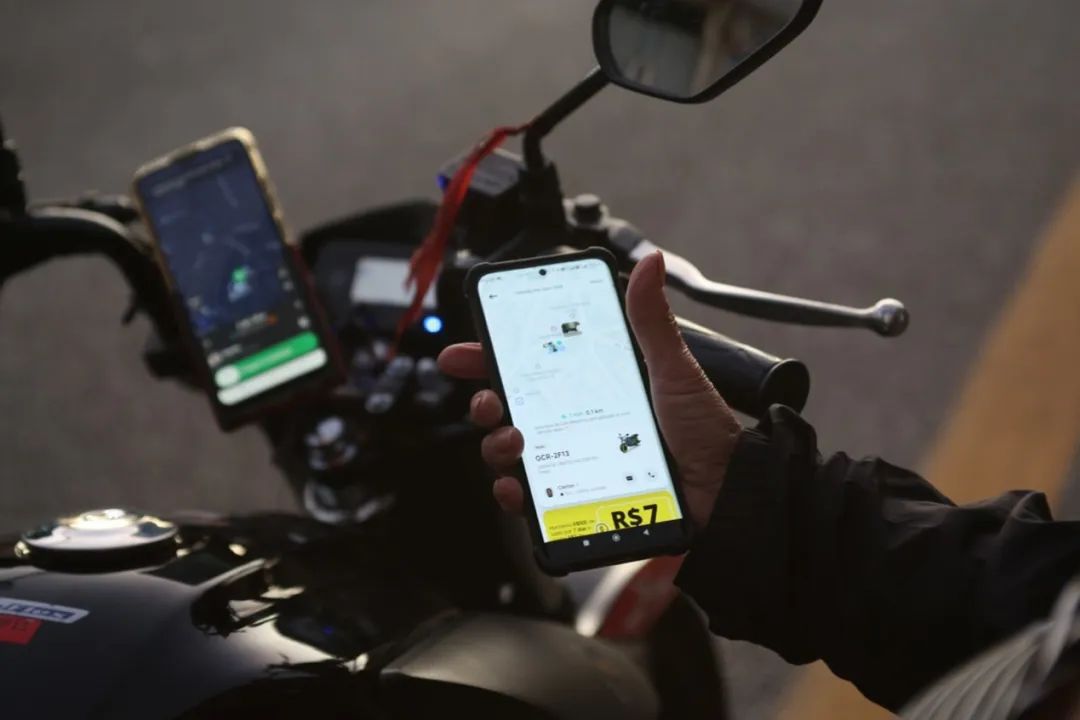
Didi's success in Mexico has accumulated valuable experience beneficial to Brazil. Its one-stop service for mobility, food delivery, and finance has a natural synergistic effect. Notably, the DiDi Club membership system in Mexico enhances user stickiness, offering double discounts on ride-hailing and food delivery.
While Didi enjoys advantages and opportunities in Latin America, its path is not without challenges, particularly facing the formidable local giant iFood, which holds an 80% market share in Brazil with a monthly transaction volume of 8 billion reais. iFood's parent company, Prosus, is also a major shareholder of Tencent. iFood's services are concentrated in higher-income areas with stronger payment capabilities.
Breaking through the siege of local giants is a significant challenge for Didi. However, its Mexican experience may offer insights. Meanwhile, Didi can achieve breakthroughs in second- and third-tier cities. Brazil is one of the fastest-growing food delivery markets globally, with significant untapped potential in second- and third-tier cities.
Didi faces both opportunities and challenges in Latin America. Successfully building an ecosystem integrating mobility, food delivery, and finance is crucial for its overseas expansion.

